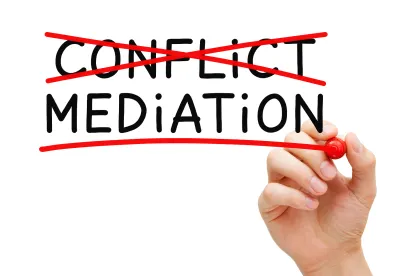“You can’t always get what you want. But if you try sometimes, well, you just might find, you get what you need.” – Mick Jagger and Keith Richards
Successful Mediation. Unlike the regular adjudication of a legal dispute, in mediation there is no “decision-maker” to determine who is “right” or “wrong.” No final order or judgment is issued. Instead, a good mediation will result in a resolution created by both parties that satisfy both parties’ interests or concerns. Mediators are not looking to find fault or assign blame – rather, a mediator works with the parties to problem solve and find creative solutions and proposals.
Selecting a Mediator. In some court programs there is a list of “pre-approved” mediators. The mandatory Alternative Dispute Resolution program in the Western District of Pennsylvania has such a list. In the Allegheny County Court of Common Pleas there will be no such guidance on preferred mediators. Pennsylvania does not have any national or statewide organization that certifies mediators. However, there is training available and basic mediation training is generally a 40-hour course covering problem solving, conflicts, communication skills, ethics and practical skills in role plays and other exercises. Mediators should have attended at least a basic mediation training course as well as have experience in mediating civil cases.




 />i
/>i
